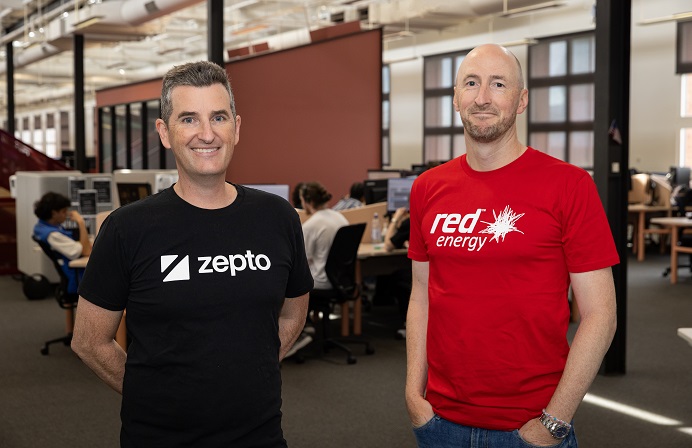
Australia’s prudential regulator, APRA, has given digital-only upstart Avenue Bank the green light to commence its operations offering short-term financing to small businesses, with plans underway to obtain a full banking license by next year.
The business lender is pitching its services at “unloved and underserviced” SMEs, offering integrated cash flow solutions and a more “holistic” approach to credit checks.
The neobank, backed by Melbourne-based Liberty Financial, sees itself as a banking “pioneer” in the small business lending space; it will, it said, not require business owners to pledge residential property as lending collateral – as is currently the case for half of Australia’s small business loans – in contrast to most existing SME lenders.
Rather, the Sydney-based Avenue is developing a suite of digital tools to make swift decisions about whether to grant a tailored, pre-approved amount of funds for SME customers to draw on when required. Avenue will have no branches, and its lending products will be fully unsecured.
The business lender will target its service offerings at SMEs with a turnover of up to $25 million – a segment largely overlooked by the big four banks: considered “too big for retail” but “too small for [their] business” banking arms.
Yet, “financiers with a banking license” are best placed to support these entities, according to Avenue’s chief executive officer George Confos, who aims to diversify the neobank’s offerings beyond lending to include SME cash flow solutions as well.
In a statement, the neobank said that its core product offering, set to be market-ready by next year, will “unlock cash flow” for small businesses from their balance sheet, maximising recovery efforts in a post-Covid climate.
Avenue said it also aims to assess SME credit risk more holistically than traditional lenders, examining not only financial but also non-financial metrics. This could, for example, include assessments of the number of directors at a company, the business’s duration at one premises, intellectual property assets and so forth.
Speaking with FST Media, Peita Piper, the company’s chief operations, product and marketing officer, said Avenue is also using “smart APIs” to automate access to behavioural datasets from peripheral platforms such as credit reporting agency, CreditorWatch.
CreditorWatch was in fact started by Avenue co-founders Colin Porter and Dale Hurley, who sold the company in 2017 but adapted its credit assessment technology – referred to by Piper as Avenue’s “secret sauce” to support more integrated credit checks – for the neobank.
In terms of its digital architecture, Avenue has deployed SAP Cloud for Banking (utilised by a number of similar-sized neobanks) for its core platform and is working with a range of technology providers on “fit for purpose” solutions in digital origination, customer relationship management (CRM) and other functions.
“We couldn’t have built this bank 10 years ago. We’re leveraging cloud-based platforms, which is difficult for the larger banks because they’ve all got their legacy systems,” Piper said, who was instrumental in launching NAB’s digital arm, UBank, back in 2009.
Having just obtained a restricted authorised deposit-taking institution (ADI) license earlier in September, Avenue is aiming for a limited launch of its cash flow product in November; from there, limited business will be conducted with a select few customers and partners.
According to Piper, the cash flow solution will become market-ready when Avenue obtains a full banking license, which it aims to do by May 2022, subject to APRA dealings and Australia’s economic climate.
“Ironically, the Covid situation is absolutely awful, but the timing for us to launch this product to assist small businesses repair and grow is going to be ideal for small businesses in Australia,” she said.
To date, Judo Bank – which reached ‘unicorn’ status with a valuation of $1 million in May last year – is the only other neobank playing in the SME space. Judo, however, offers secured loans and emphasises old-school relationship banking, with a team of more than 400 professionals.
By contrast, Avenue’s employee headcount currently sits at 30 and will likely double by the time of its full launch next year. It will “not be a 400-person business” but will remain lean and instead scale using digital technologies, Piper said.
Avenue is the first among a crop of new upstart lenders to receive a restricted ADI license since APRA resumed licensing in March 2021 (it had paused due to Covid-19). The neobank now has two years to obtain a full banking license.
Crucially, APRA updated its approach to licensing and supervising new lenders in August, announcing stronger requirements to being fully licensed, as well as key priorities for contingency plans when faced with financial stress.
“We feel like we’ve got a product that solves real problems for real people, so we can’t wait to get to market,” Piper said.





